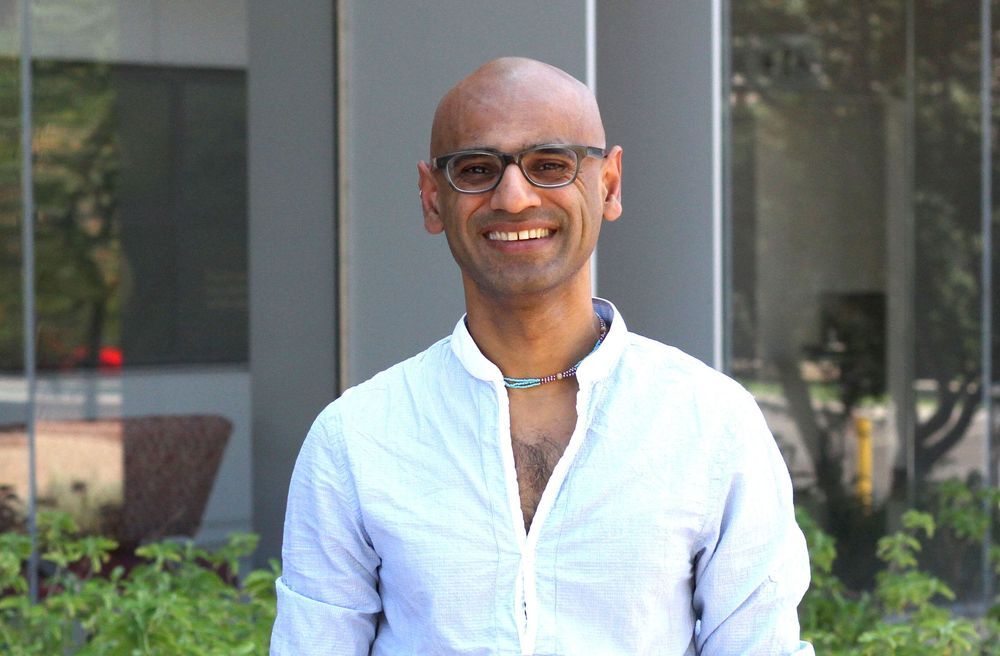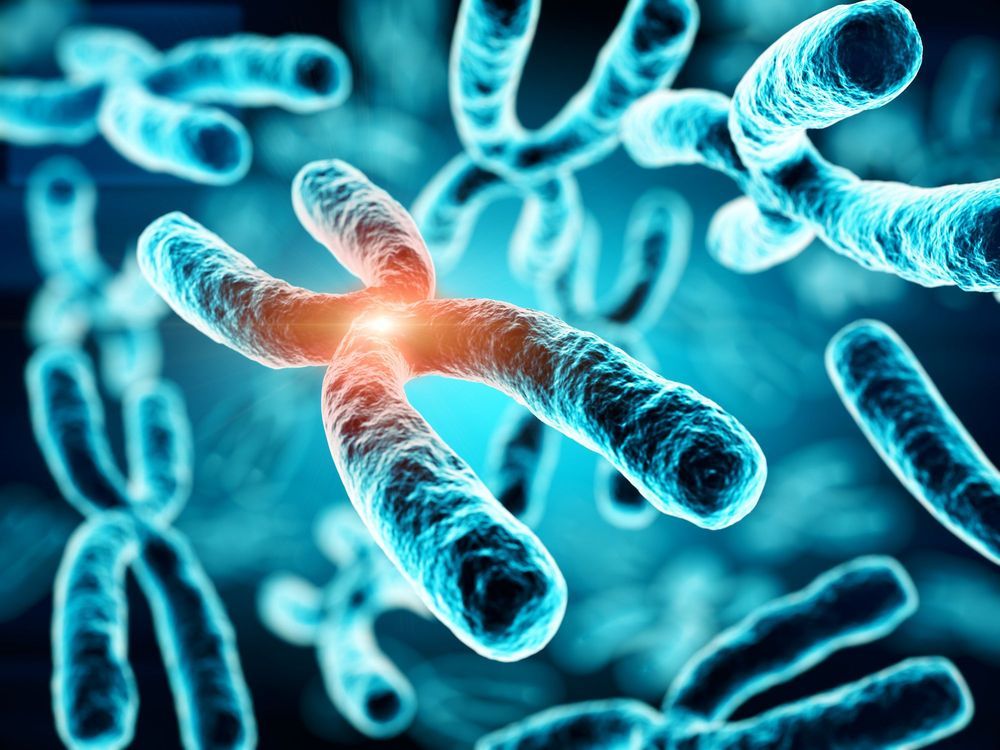A group of researchers has demonstrated that treatment with NMN, a precursor of NAD+, restores neurovascular coupling (NVC) in aged mice [1]. Since NVC deficiency seems to be a major factor in the age-related decline of cognitive and motor functions, this discovery presents exciting new possibilities for longevity research.
Neurovascular coupling
While the human brain is the evolutionary advantage that brought us to where we are today, operating this machine requires considerable resources. Our cerebral blood flow (CBF) accounts for 15% of cardiac output and 20% of resting total oxygen consumption, even though the brain itself comprises just 2% of body mass. CBF has to be constantly redirected to the regions of the brain that are currently active, and NVC is the mechanism in charge of this complex operation. Importantly, the CBF/cardiac output ratio decreases with age [2].









